Plot Synopsis
The drama tells the story of Qi Heng (played by Wang Qianyuan), the Deputy Chief Justice of the IntermediatePeople's Court in Qizhou City. Upon taking office, he takes on the complicated "Fishing Boat Murder Case" and meticulously unravels the loopholes in the survivor's testimony, successfully uncovering the truth of Zheng Duo's murder. Qi Heng's son, Qi Lun, recognizes Zheng Duo as the kidnapper and murderer of his mother, Guo Nian, when he sees him on television, which leads to the discovery of the mastermind, Luo Huaigong (played by Yan Yikuan).
Meanwhile, the Jiangyun Chemical Groupunder Luo Huaigong's control has been causingpollution that has led to villagers suffering from terminal illnesses. The disgruntled villagers file a lawsuit against the company. The city-level leaders, in order to maintain GDPgrowth, demand leniency. However, Qi Heng resolutely removes interference, upholds the rule of law, and delivers a fair judgment, which results in retaliation from Luo Huaigong and nearly costs Qi Heng his life.
Guo Nian's body is found, and Zheng Duo, who has consistently refused to confess, is killed by Luo Huaigong to silence him. With the strong assistance of Qi Heng and others, thepublic security authorities dismantle Luo Huaigong's criminal gang, and the criminals are justly sentenced by the court.
The story of the drama is lengthy, consisting of a total of 43 episodes. The mainplotline of the "Fishing Boat Murder Case" leads to the involvement of multiple other cases, including the chemicalplantpollution case, child trafficking case, recycled cooking oil incident, rape case, and celebrity traffic accident case, among others, making it highly engaging.
The drama was broadcasted on Shanghai Oriental TV in March 2023 and was released online on October 30th.
Where to Watch "The Justice"
YOUKU (优酷) SubscriptionEpisodes Recap
- 1-5
- 6-10
- 11-15
- 16-20
- 21-25
- 26-30
- 31-35
- 36-40
- 41-42
Episode 1 : The fishing boat murder case is full of twists and turns.
Episode 2 : The defendant recanted and revealed a shocking secret.
Episode 3 : The fishing boat case has been reopened for investigation.
Episode 4 : Qi Heng discovered some suspicious points in the case.
Episode 5 : Zheng Duo is suspected of having intermittent mental illness.
Episode 6 : Guo Nian's disappearance is related to Zheng Duo.
Episode 7 : Luo Huai Gong unexpectedly saves Qi Heng from a fire accident.
Episode 8 : The Ding Li Li case went to trial.
Episode 9 : Surprisingly, Mi Rou turned out to be the culprit behind the fire incident.
Episode 10 : Qi Heng learned that Ou Yang He has cancer.
Episode 11 : The delivery guy's conviction unexpectedly took a turn.
Episode 12 : Xiao Lan asked Ma La Song to arrange a meeting with Liu Yueyang.
Episode 13 : New clues emerge in the suicide case.
Episode 14 : Guo Lun Company finally opened for business.
Episode 15 : Luo Huai Gong personally took charge of buying the land.
Episode 16 : Wang Peng recanted his testimony in court.
Episode 17 : The retrial of Qu Xiaoyan's case.
Episode 18 : Qu Zong went to Qi Heng's house to cause trouble.
Episode 19 : The real culprit was captured, and Qi Heng was reinstated in his position.
Episode 20 : It is extremely difficult to collect evidence from the victims.
Episode 21 : Qi Heng was intentionally beaten, resulting in a fracture.
Episode 22 : Ma La Song approached Qi Heng to express his feelings openly.
Episode 23 : Xiong Jian Lin repented and admitted to lying.
Episode 24 : Luo Huai Gong's attempt to bribe Qi Heng was rejected.
Episode 25 : Qi Heng went to Matou Village alone to investigate.
Episode 26 : The Secret behind Child Trafficking.
Episode 27 : The verdict for the trafficking case has been announced.
Episode 28 : The court's sampling was obstructed.
Episode 29 : Lawyer Zhong persuaded Qin Hou Tu.
Episode 30 : The verdict of the wastewater discharge case was announced.
Episode 31 : Guo Lun began investigating his sister's case.
Episode 32 : Guo Nian's murder has been confirmed.
Episode 33 : Qi Heng was forced to take a leave of absence from work.
Episode 34 : Qi Heng successfully cleared his suspicion.
Episode 35 : Luo Huai Gong manipulated people's hearts with his schemes.
Episode 36 : Guo Lun became involved in a theft of classified information case.
Episode 37 : Zheng Duo was killed by Luo Huai Gong to silence him.
Episode 38 : Guo Lun was acquitted and released.
Episode 39 : Secretary Su falsely accused Wang Peng of raping her.
Episode 40 : Ma La Song was seriously injured while trying to save Qi Heng.
Cast & Role
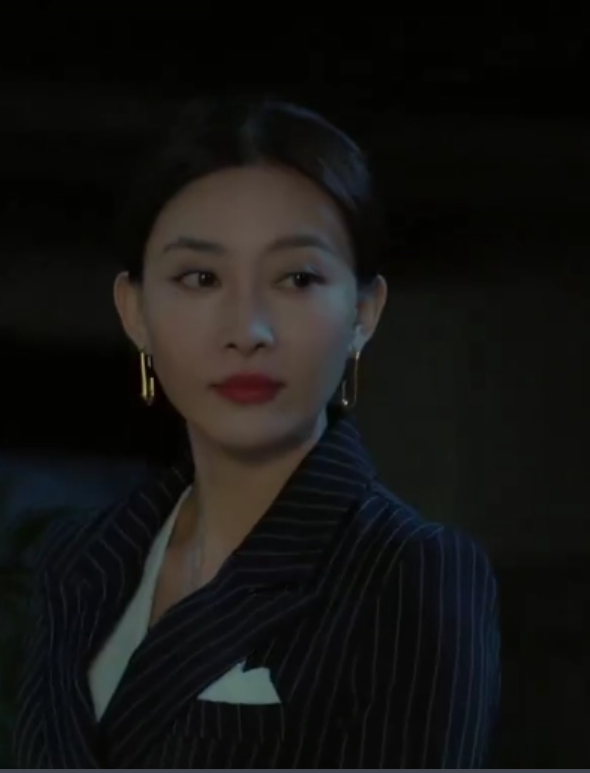
Su Han
(Zhou Zhi)
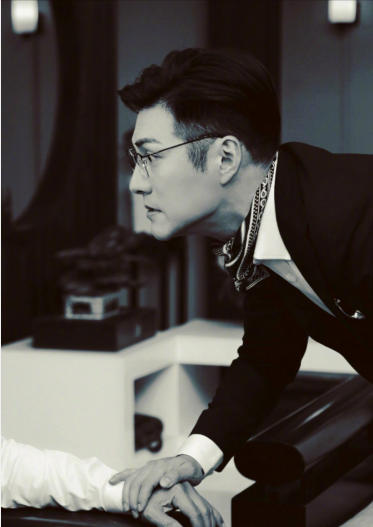
Luo Huai Gong
(Yan Yi Kuan)

Ma La Song
(Lan Ying Ying)
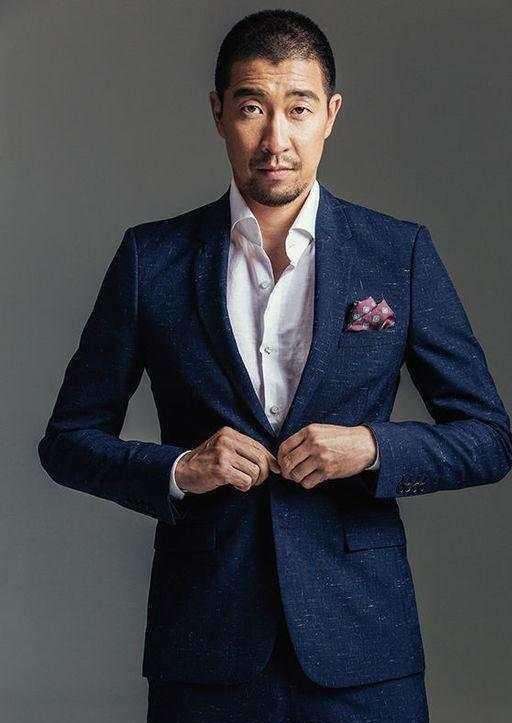
Qi Heng
(Wang Qian Yuan)
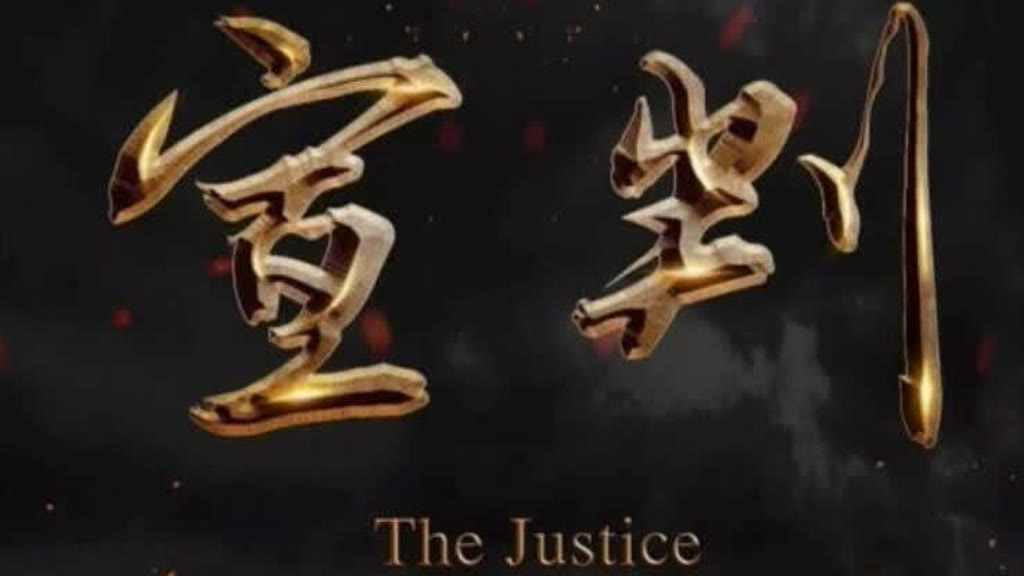

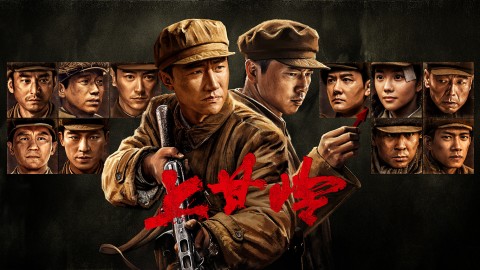

I don't really dislike Ding Li's character. Instead, it's this female journalist who is full of lies. She deserves harsh criticism. The lack of moral boundaries in filming is something that bothers everyone more.
Although Lawyer Ouyang defends the defendant, he presents better arguments than the prosecution and is more determined. It reminds me of a real-life case where those who defend the defendant are often more formidable.
They intentionally killed someone in the first episode. At that time, they were already under coercion and their freedom was restricted. It was inevitable for a group of impoverished, hungry, and desperate individuals to collaborate.
In order to prevent further harm and acting out of desperation, it is normal for ordinary people to inflict harm on others to render them unable to resist.
This reporter is truly speechless. It's not their main responsibility to desperately chase after them from behind. It was clear that the leading car was driving well in front. Drunk driving is illegal, and if they didn't chase, there wouldn't have been such high speed.
It was obvious that they were trying to shake off the pursuers. The leading car was driving at a normal speed, right? Doesn't that mean they bear some responsibility too? It's like someone chasing you from behind, and if you accidentally trip and fall into a river, is it solely their fault?
I'm a bit curious, but since I don't understand it, I want to ask: Isn't the incident with the delivery person considered theft? Opening someone else's package and taking things from it, then claiming it's just borrowing and planning to pack it back later.
Isn't the helmet someone else's property? Was permission obtained? Can delivery personnel just open packages and take things freely? Regardless, the helmet doesn't belong to you, so isn't this stealing? Isn't stealing a form of theft?
Watching this drama feels like watching a documentary about North Korea. There's a forced sense of going to school and attending public lectures. The plot lacks logic, and the romantic scenes are awkward.
It completely transcends reality within the show, creating an idealized world detached from reality. What is the significance of this drama? Even if it's meant for public education, it should be closer to life, closer to reality, allowing the audience to understand through the storyline.
Is it acceptable to kidnap other people's children just because you lost your own? The kidney failure suffered by oneself and the villagers was caused by sewage. Why isn't anyone addressing this issue?
In fact, the villagers are well aware that they rely on working in factories to survive, and they don't want the factories to be shut down. When journalists investigate, they even drive them away.
Their own incompetence and cowardice led to their illnesses and infertility. Why should that serve as a justification for trafficking other people's children?
Episode 31: The performance of Director Qi is too fake. It's not the level of intelligence one would expect from a deputy chief judge. It's illogical that he claims not to know who the enemy is, especially when it's clear that the reason behind his wife's murder is related to the Da Gong Group.
Even a fool could deduce it, yet a deputy chief judge of a high court fails to analyze it. The abilities and competence displayed by Director Qi in the previous 30 episodes suddenly reset to zero in Episode 31.
After watching the first episode, I have a feeling about the fishing boat murder case... In the TV series, they mentioned it was a black boat. I think it's possible that this black boat is operated by a human trafficking gang.
Perhaps the human traffickers trick people into boarding the boat under the pretense of helping them smuggle into another country. Once they reach foreign shores, the traffickers sell these people overseas.
That might be the truth behind the fishing boat murder case. However, I can't guess what exactly happened on the fishing boat. Yan Kuan's character in this drama might be portraying a snakehead, commonly known as the leader of human trafficking who deceives people into going abroad.
Zheng Duo can be confirmed as a trafficker, and Aunt Kang and the young man might be the unfortunate ones sold as "sheep." But due to the unexpected storm, the trafficking operation went wrong, and perhaps each person on the boat experienced something different.
In order to avoid imprisonment, the three of them colluded in their testimonies. This is just my speculation.
Capital punishment is a must. Families that have lost children never recover fully. Such actions are the most detrimental to society. If those who have lost children suffer from psychological impacts and then affect the lives of others, shouldn't we consider the associated responsibilities?
All families would support the death penalty. I don't understand what the lawmakers are thinking. Is there a need to deliberate on such inhumane acts anymore?
This drama exaggerates the abilities of lawyers, weakens the capabilities of the police, and undermines the competence of officials. Luo Huai's character relies on his fabricated relationship with the nephew of the Municipal Party Secretary to manipulate and deceive a group of high-ranking officials, who blindly follow his orders.
That alone is somewhat acceptable, but it becomes truly absurd by Episode 40. A judge is openly chased and attacked by someone in a car, but doesn't report it? And there isn't even a single traffic police officer on the road to enforce speeding violations?
Plus, the incident is reported in the news. Is there no police officer available to come to the rescue? Are they all sitting in their offices sipping tea? And as for the USB drive, it would be better to hide it or keep it in your pocket rather than holding it in your hand.
Moreover, as a chief judge, ignoring the evidence in front of you and running over to hug a colleague, publicly stating that evidence is unimportant while prioritizing your wife, is absurd.
It's as if nothing else matters.
Even I can see that there are issues with this case. How come the police and the court couldn't see it? Did the police not notice anything when interrogating the defendant? Moreover, the evidence is not substantial.
He claims to have used his hand, but there are no fingerprints left behind. Is that considered solid evidence? During the trial, as long as the defendant doesn't know any better and tells the truth, the defense attorney threatens him.
Can't they see that?
The journalist subsequently handled the matter. Here, we will only discuss Ding Li Li and not delve into the forced speeding. We will only talk about drunk driving. If it weren't for the influence of alcohol, one's thinking would surely be more agile, allowing for more rational decision-making in difficult situations.
Firstly, as the instigator of the incident, one should bear responsibility. Ding Li Li chose to escape from custody, resulting in a series of car accidents. When it comes to loss of life, there is no need for further discussion; a life should be exchanged for a life.
If there are only injuries and disabilities, then a thorough discussion can be held to determine the appropriate sentence duration.
This script has problems. It seems like it wants to highlight judicial justice, but it fails to achieve the principle of "presumption of innocence," which is the biggest issue in the legal system.
Because many cases cannot prove the complete truth, relying solely on subjective speculation can lead to wrongful convictions. Especially when there is insufficient evidence to fully prove a murder, sentencing someone to death is a grave mistake.
It may be too late if the real culprit is discovered afterwards. This script is not defending the justice system; it is completely criticizing it. Insufficient and opaque evidence chains, as well as lack of transparency and openness, are the fundamental reasons for misunderstanding.
The trial in the eighth episode seems a bit far-fetched. He was driving without a license, and he didn't even attend any driving training. Moreover, the accident caused such serious consequences. As an adult, he knew driving without a license was not allowed, yet he not only drove but also caused the deaths of six people and serious injuries to two others.
Isn't this endangering public safety by using dangerous methods?